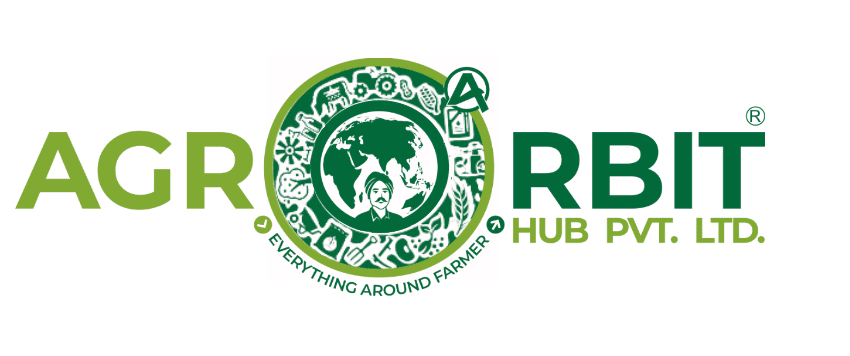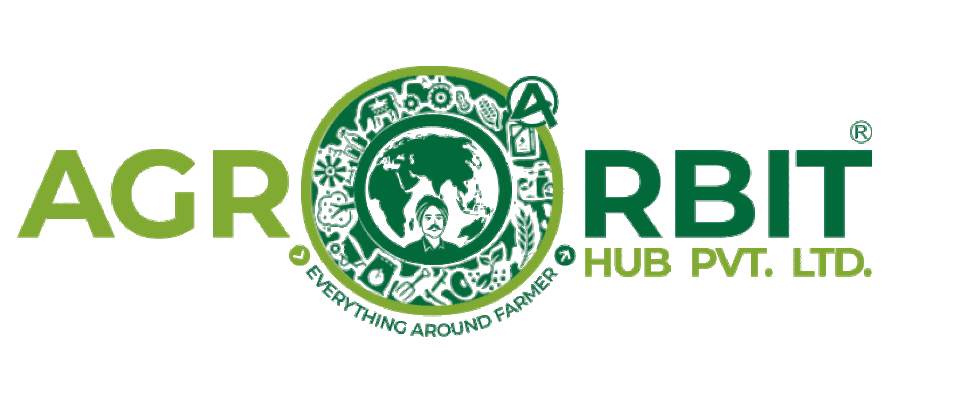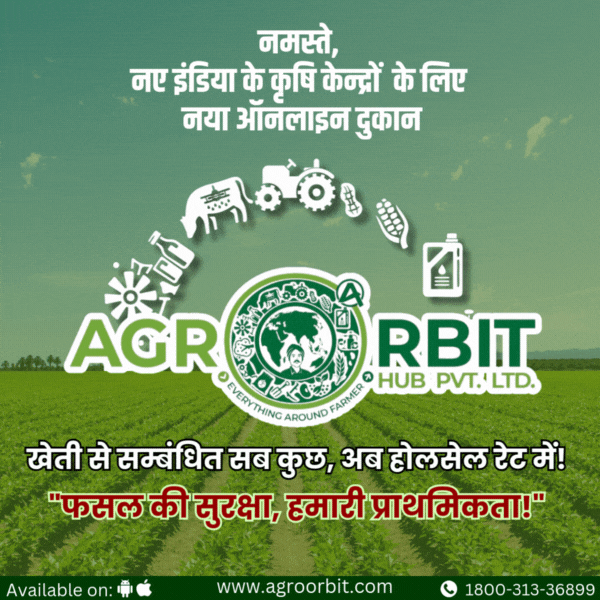

Efficient Water Management in Tropical Farming
Efficient Water Management in Tropical Farming
"Saving Every Drop For Growing Every Crop"
INTRODUCTION
Water management is crucial for
agricultural sustainability, especially in tropical regions where water
availability fluctuates. In this blog, we'll explore key strategies for
managing water effectively in tropical farm lands.
Water management refers to the
process of planning, developing, distributing, and managing water resources in
a sustainable and efficient manner. It involves various activities aimed at
ensuring the availability and quality of water for different uses while
minimizing negative impacts on the environment. Effective water management is
essential for meeting the needs of various sectors such as agriculture,
industry, domestic use, and the environment.
Tropical farming : Tropical farming
refers to agricultural practices conducted within the tropical regions of the
world, which are typically characterized by warm temperatures, high humidity,
and abundant rainfall. These regions lie between the Tropic of Cancer and the
Tropic of Capricorn, encompassing parts of South America, Central America,
Africa, Asia, and Oceania.
tropical farming is diverse and dynamic, requiring tailored approaches that
balance productivity, sustainability, and resilience to ensure food security
and livelihoods for millions of people in tropical countries.
Key aspects of water management include:
·
Water Resource Assessment
·
Water Infrastructure
Development
·
Water Conservation
and Efficiency
·
Water Quality
Management
·
Integrated Water
Resources Management (IWRM)
·
Water Policy and
Regulation
·
Climate Change
Adaptation
· Public Awareness and Education
· International Cooperation


“Water-Wise Farming for a Sustainable Tropical
Future"
Challenges in Tropical Farming: Tropical areas face erratic rainfall and intense monsoon seasons, leading to water scarcity or excess. This poses challenges like soil erosion, nutrient leaching, and crop failure. Water management in tropical farming is crucial due to the unique climatic conditions and challenges faced in tropical regions, such as high temperatures, heavy rainfall, and periods of drought.
Key Strategies:
1.
Water-efficient irrigation: Drip irrigation and
micro-sprinkler systems minimize water wastage by delivering water directly to
crops' root zones. water-efficient
irrigation practices, farmers can optimize water use, conserve water resources,
and improve the resilience of agricultural systems to water scarcity and
climate change impacts.
2.
Rainwater harvesting: Collecting rainwater
during the monsoon season helps build reservoirs and ponds for irrigation
during dry periods, reducing reliance on groundwater. Harvesting rainwater through techniques like
building ponds, tanks, or using rain barrels can help store water for
irrigation during dry periods.
3.
Conservation tillage: Practices like
no-till and reduced tillage improve soil structure, enhancing water retention
and reducing the need for irrigation. Implementing conservation tillage practices, such as no-till or minimum
tillage, helps preserve soil moisture, reduce erosion, and improve water
infiltration in tropical soils.
4.
Agroforestry and soil conservation: Integrating trees
and shrubs with crops stabilizes soil, prevents erosion, and improves water
infiltration, promoting sustainability. integrating trees, shrubs, and multiple crops in the same area can
create microclimates that conserve moisture and provide shade, reducing water
stress on crops.
5.
Smart water monitoring: Sensor technologies
and data analytics enable real-time monitoring of soil moisture and crop water
requirements, optimizing irrigation practices.
Conclusion: Efficient water management practices are essential for sustainable agriculture in tropical regions. By implementing these strategies, farmers can enhance productivity, conserve water resources, and mitigate the impacts of climate variability, ensuring long-term agricultural sustainability.
Note : This research is based on google we are not responsible for any other circumstances.






